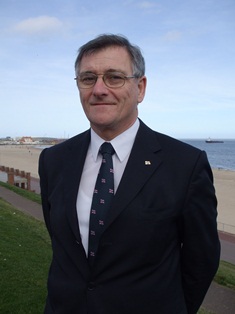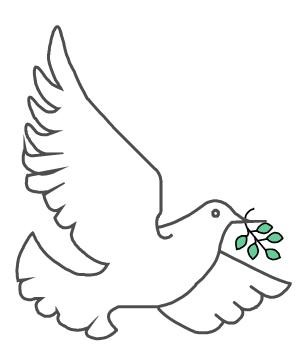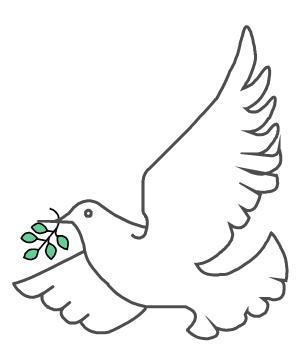|
Viewpoint from Rev Albert Cadmore 07/06/2013
 Revd Albert Cadmore
Chaplain and Chairman Great Yarmouth & Gorleston RNLI, Chaplain Norwich City FC, and Chaplain to the Mayor Revd Albert Cadmore
Chaplain and Chairman Great Yarmouth & Gorleston RNLI, Chaplain Norwich City FC, and Chaplain to the Mayor
Sixty nine years ago on the night of 5th June 1944 a hundred and eighty one men in six gliders took off from Dorset to capture what has since been known as Pegasus Bridge, that crosses the Caen Canal, between Caen and Ouistreham, in Normandy, and another bridge some three hundred yards to the east, over the River Orme. Soon after midnight, five of those gliders landed closer than fifty yards from their objective, and very early in the morning, on 6th June 1944 both bridges were taken, with two men being killed in the process. The aim of this action was to prevent German tanks and troops from crossing the bridges and attacking the eastern flank of the landings that were soon to follow along the Normandy coast

As the day progressed, Allied landings were conducted in two phases, with around 24,000 British, American and Canadian paratroopers landing soon after midnight, followed by an amphibious landing of more than one hundred and sixty thousand Allied infantry and armoured divisions along a fifty mile stretch of that Normandy coastline, starting at 6:30 am. Some historians have since described D-Day as the most momentous day in history, and there can be no doubt that the events of 6th June 1944 shaped the future course of World War Two, with its ramifications having a very significant bearing on our lives today
Accurate figures cannot be ascertained but it seems that between four and five thousand Allied troops died on D-day with similar losses amongst the Germans. It is also estimated that over 425,000 Allied and German troops were killed, wounded or went missing during the ensuing Battle of Normandy. ‘Man's inhumanity to man’, is a phrase that comes readily to mind, and the words, ‘Man's inhumanity to man makes countless thousands mourn’, were written by Robert Burns in his poem ‘From Man was made to Mourn: A Dirge, 1785’. Those words surely epitomise the horrific slaughter of D-Day, and indeed of war itself

I have visited the D-Day beaches and the vast nearby cemeteries, on many occasions, and have always experienced a sense of tranquility and peace, combined with deep feelings of respect and sadness, as I’ve recalled stories of bravery, valour and self-sacrifice involving those who set out in the pursuit of liberation and peace along those shores
The Dalai Lama once said, ‘We can never obtain peace in the outer world until we make peace with ourselves.’ For me, that peace within us, to which he alludes, can only be attained through faith, and begins with God. As St Paul wrote to the church in Philippi, ‘And the peace of God, which passes all understanding, shall keep your hearts and minds through Christ Jesus.’ If only such peace could be more widespread the world would certainly be a better and more peaceful place
Yesterday, D-Day was commemorated in a ceremony in St George’s Park, as it was in many towns and cities elsewhere. We rightly remembered those who were involved on D-Day, and those who died in the pursuit of peace and we must never forget. But my final thoughts today, concern some words of Jesus from John’s Gospel, ‘Peace I leave with you; my peace I give to you. Not as the world gives do I give to you. Let not your hearts be troubled, neither let them be afraid’
Peace be with you!
|
|
|
|